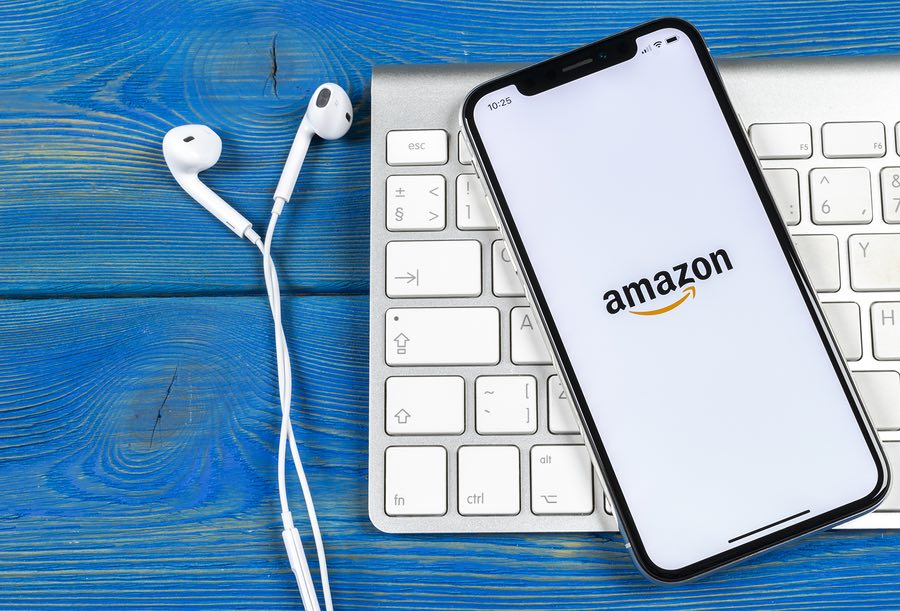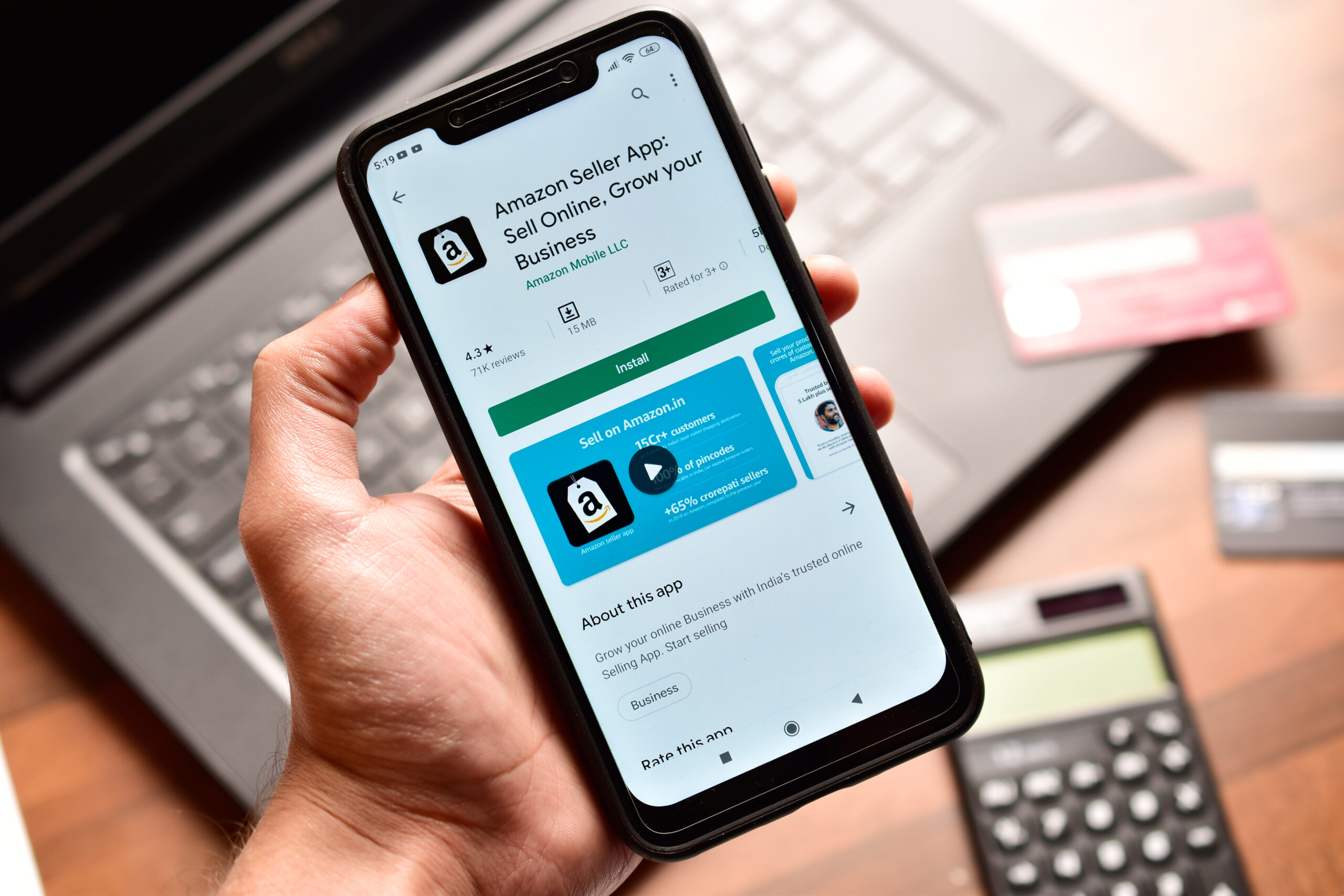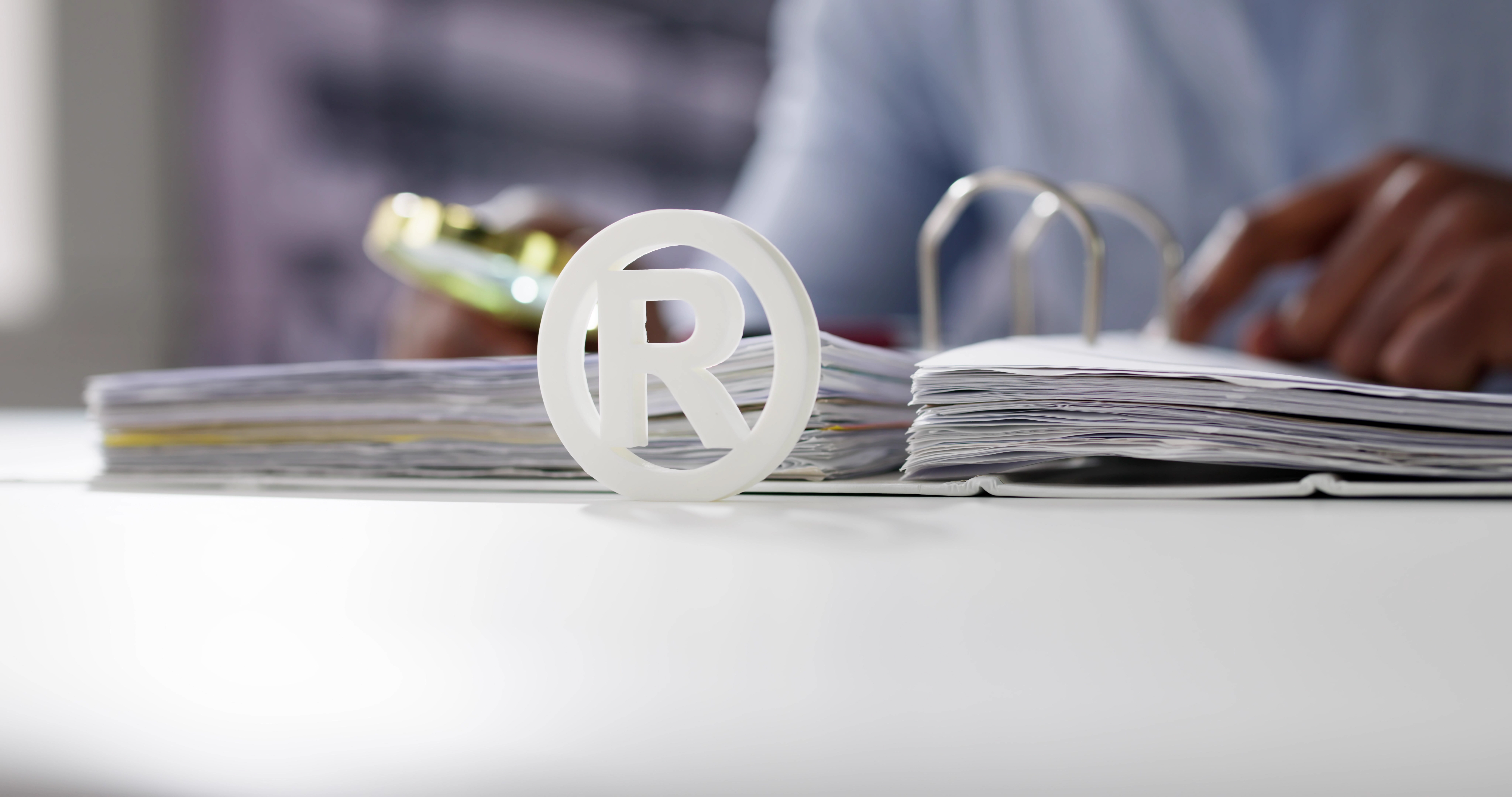Amazon and Sales Tax Collection
June 18, 2019

If you sell your products on Amazon, and even if you merely follow public tax policy, you know the winds of change have been blowing. Online consumers have enjoyed a no sales tax ecosystem since the courts decided in 1992 that companies did not have to charge sales tax if they did not have a physical presence in the state of the consumer. But in 2018, the Supreme Court overturned the ruling that allowed online retailers to avoid those sales tax collection responsibilities.
In South Dakota v. Wayfair, South Dakota claimed it was losing millions of dollars annually to businesses that sold goods online to its residents. The Supreme Court had previously decided that unless a business had a significant presence in a state, such as a store or a warehouse, the state could not force it to collect sales taxes.
South Dakota asked the Supreme Court to reverse its previous Quill v. North Dakota ruling, so that it could require companies like Wayfair, Overstock.com, and Newegg — the three defendants in the case — to collect sales tax from customers based in South Dakota. In a 5-4 decision, the court agreed with the state, saying its prior decision had created an uneven tax system.
And with that ruling, it imposed an impending substantial burden on small businesses to comply with the varying tax policies of some 10,000 jurisdictions in the U.S. In Kansas, for example, there is the state sales tax, then differing sales taxes in each of the 105 counties, and an additional sales tax is each of the hundreds of tows across the state.
For a small merchant, they either have to invest in expensive software to ensure compliance, or spend an inordinate amount of time to understand and comply with each of the municipalities tax requirements. Does the merchant tax based on the point of sale, the home address of the purchaser, or the location of the purchase like a business farm or lake house?
But what did the ruling truly mean for Amazon Merchants?
Amazon now has a rather complex system of collecting some additional sales tax on some of its additional fees.
Read this rather complex email sent by Amazon in April 2019 to merchant sellers on Amazon, providing more detail and updating a previous email that caused widespread confusion for merchants.
On April 11, 2019, we sent you an email informing you of upcoming changes to the collection of sales tax on some of the fees you pay on Amazon.com. Based on the feedback we received, we realize that we did not include sufficient details in that email, and we would like to apologize. The purpose of this email is to provide greater clarity on the upcoming changes.
We are not increasing our fees. However, some states consider Selling on Amazon fees, such as per item, order, and referral fees taxable services. Similarly, Fulfillment by Amazon (FBA) inventory prep fees, such as bubble wrap, polybag, taping, and labels are considered taxable in some states. To comply with state tax laws, Amazon.com must begin collecting and remitting sales tax on some of these fees. Though we recognize that these taxes will increase costs for some of our selling partners, we expect that the vast majority of fees paid on Amazon.com will be unaffected by these changes in taxability.
Below, we have included a breakdown of the states where we will begin collecting sales tax on certain fees starting June 1, 2019. The location of your business determines whether tax is applicable on the Selling on Amazon fees. The location of the fulfillment center performing the service determines whether tax is applicable on the FBA inventory prep fees. U.S. tax rates typically range between 4% and 10%. State tax rules can change frequently and the information below may become outdated if states make changes to their laws.
- Amazon is required to collect taxes on Selling on Amazon fees in Connecticut, the District of Columbia, Hawaii, South Dakota or West Virginia, based on each state’s tax rates. Selling on Amazon Fees include the Referral Fee, Subscription Fee, Variable Closing Fee, Per-item Fee, Promotion & Merchandising Fee, Refund Commission Fee, Checkout by Amazon, and Sales Tax Collection Fee. For example, if your business is located in West Virginia, and your sales tax rate is 6.39%, and you sell an item with a total price of $20, which is subject to a 15% referral fee, we will collect and remit a sales tax of $0.19 to comply with state laws (calculated as 6.39% of the referral fee amount of $3.00). If your business is located outside Connecticut, the District of Columbia, Hawaii, South Dakota or West Virginia, we will not collect sales tax on the Selling on Amazon fee you pay.
- Amazon is required to collect taxes on FBA Prep Services in Arizona, Connecticut, Illinois or West Virginia, based on each state’s tax rates. FBA inventory prep fees include the Labelling Fee, Polybagging Fee, Bubblewrap Fee, Taping Fee, and Opaque Bagging Fee. For example, if you decide to use FBA Prep Service to bubble wrap your products, and the service is performed at a fulfillment center in Arizona, and the sales tax rate at that location is 8.37%, and the bubble wrap fee is $0.80/unit, we will collect and remit a sales tax of $0.07 to comply with state laws (calculated as 8.37% of the bubble wrap fee amount of $0.80/unit). If the service is performed at a fulfillment center outside Arizona, Connecticut, Illinois or West Virginia, we will not collect sales tax on the FBA Inventory Prep fees you pay.
For a list of Frequently Asked Questions on this topic, refer to the following page: https://sellercentral.amazon.com/gp/help/GA65GGD8MR46A2WL.
You will be able to view the sales tax collected on your fees in the transaction details page of your Payments reports.
For a complete list of seller fees, refer to the following Help pages:
- Selling on Amazon Fee Schedule: https://sellercentral.amazon.com/gp/help/G200336920
- FBA features, services, and fees: https://sellercentral.amazon.com/gp/help/G201074400
How Does It Affect My Merchant Account on Amazon?
The answer is “it depends.” If you manage your own Amazon merchant account, you are likely looking at the need to spend additional time understanding the tax laws of different states and their varying county and municipality tax rates, like the Kansas example noted above. And you’ll need to be on the lookout for additional states that begin taxing online transactions made by residents in their states.
If you are selling direct to consumer on Amazon, you are now subject to the extra taxes/fees associated with the implementation of the tax requirements upon Amazon, passed along to you.
Even if software becomes available to automatically handle your tax requirements, you have to assume that it will be expensive now and become more so in the future.
There is a Better Solution
Work with a reputable Amazon Retailer who will buy your product from you at an agreed upon price, and then become the merchant of record on Amazon. While you do have to understand the sales tax requirements of the Amazon Retailer with whom you work, you only need to be concerned with the sales tax rules of one transaction, not hundreds or thousands that would occur if you were to manage each transaction on Amazon.
Your Amazon Retailer is now responsible to take care of the tax consequences of each transaction on Amazon. You complete a single transaction and move a nice amount of inventory, and continue to keep up your business pace unencumbered by the time-consuming requirements of each-transaction tax calculation requirements.
ZQUARED
ZQUARED has been an Amazon-preferred partner/reseller for over ten years and has one of the highest consumer ratings on Amazon: over 30,000 reviews with a 5.0 rating (out of 5). ZQUARED works daily with leading brands across the world to deliver value and accelerated sales. ZQUARED can help you navigate the nuances of selling on Amazon and contact us to find out more. To learn more and receive a free consultation, call ZQUARED today at 234.978.2733.
ZQUARED are not tax professionals. For any tax questions regarding Amazon, consult with your tax professional to receive specific advice for your business tax situation.
View More Insights
Ready to scale your business?
Talk with one of our ecommerce experts.



